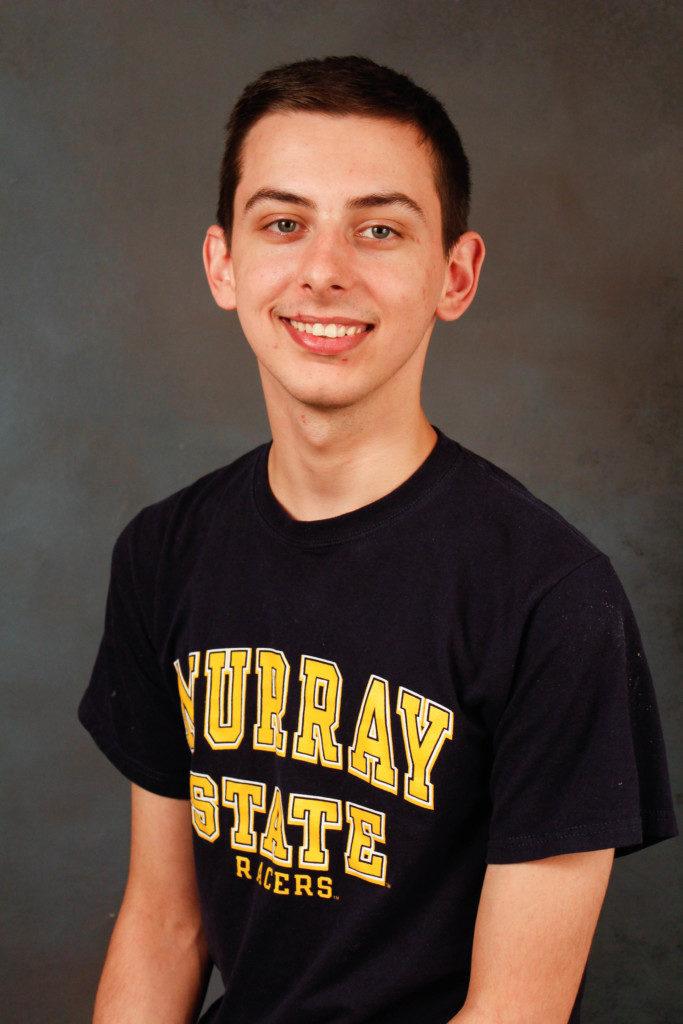Column by Dylan Doyle, contributing writer
The 2016 MTV Video Music Awards were certainly a spectacle – the glitz of a star-studded attendance list, Rihanna performing her entire discography – but something, unequivocally, was missing. The event was an exercise in self-aggrandizement for the mainstream music industry, featuring the larger-than-life personas and performances one comes to expect from the show.
What was missing, however, was a soul.
The VMAs were all about the music industry looking in on itself and celebrating its achievements without pausing to look at the bigger picture. How did this year’s music draw inspiration from (or take advantage of) the Black Lives Matter movement? Not one artist could be bothered to perform a tribute to recently-passed music giants like Prince? In the heated political climate presently sweating Americans out, none of our entertainment icons have an opinion? Why was our time wasted on the entirely forgettable performance of Britney Spears?
It’s simply out of character, at least for the upper echelon of artists in attendance. Only Beyoncé referenced anything of importance going on outside of Madison Square Garden, and her performance was the undeniable peak of the entire show. The “angels” dying around her to the sound of gunfire made for one of the most poignant political commentaries of the year.
Of course, I am not saying that award shows like the VMAs necessarily have to make some political or social statements – just that the best ones often do. Say what you will about Miley Cyrus, but at least her 2015 altercation with Nicki Minaj on the VMAs stage raised questions about feminism and race. Where was this controversial VMAs soul this year?
Perhaps MTV executives just wanted to keep the whole circus under control this year in an attempt to avoid the bad press Cyrus garnered for them last time around. However, if you are going to put lions like Kanye West, Beyoncé and Rihanna under one bigtop, you better have some talented tamers on hand. This was the biggest issue plaguing the 2016 VMAs: the hosts fell short across the board.
Take Keegan-Michael Key and Jordan Peele brainstorming “fire” tweets in front of the cameras for five minutes at a time, reenacting memes with all of the cringeworthy bluster of a Hillary Clinton public relations intern. An even worse offender was Nicole Byer, who may have been a passable host without the periodic “this show is giving me LIFE!” outbursts and the awkward monologues, each reeking of more desperation than the last. Worst of all was Jimmy Fallon’s ham-handed portrayal of Ryan Lochte, which earned less than two seconds of laughs from the audience. Fallon, usually a funny and quick-witted guy, did not pick up on this and proceeded to overstay his welcome, if indeed such a welcome existed in the first place.
The hosts (and I use that word very loosely) were obviously concerned with the hype of it all: the hashtags, the memes, the likes. Whoever was overseeing the night was clearly looking to generate press the next day and not in typical VMAs fashion (looking at you again, Ms. Cyrus). They were attempting to create organic conversation around the show but were completely unsuccessful because there was nothing to organically converse about.
MTV, possibly fearing another series of scandals and backlash, sold the soul of their show in exchange for Twitter mentions. The VMAs (and the music industry as a whole) only works when artists are allowed, and encouraged, to comment on the outside world. We, the public, idolize these people, and we clamor to know what they think about Black Lives Matter or the coming elections. At the very least, we want to know what they think about each other. What we do not want is more cheesy hosts pursuing virality at the expense of good entertainment.
Give us a little drama next year, MTV. Give us real commentary. Give us something we can sink our teeth into. Do not give us another falsified and soulless husk of a show, or the moonman will soon mean as much as a Best Ringtone award.
































































































